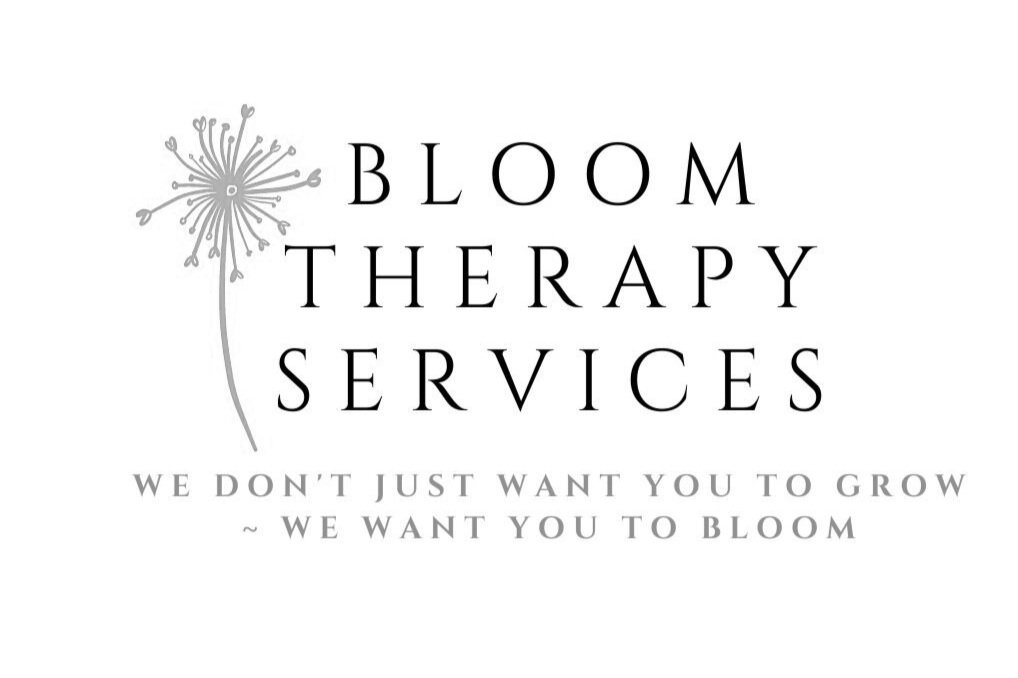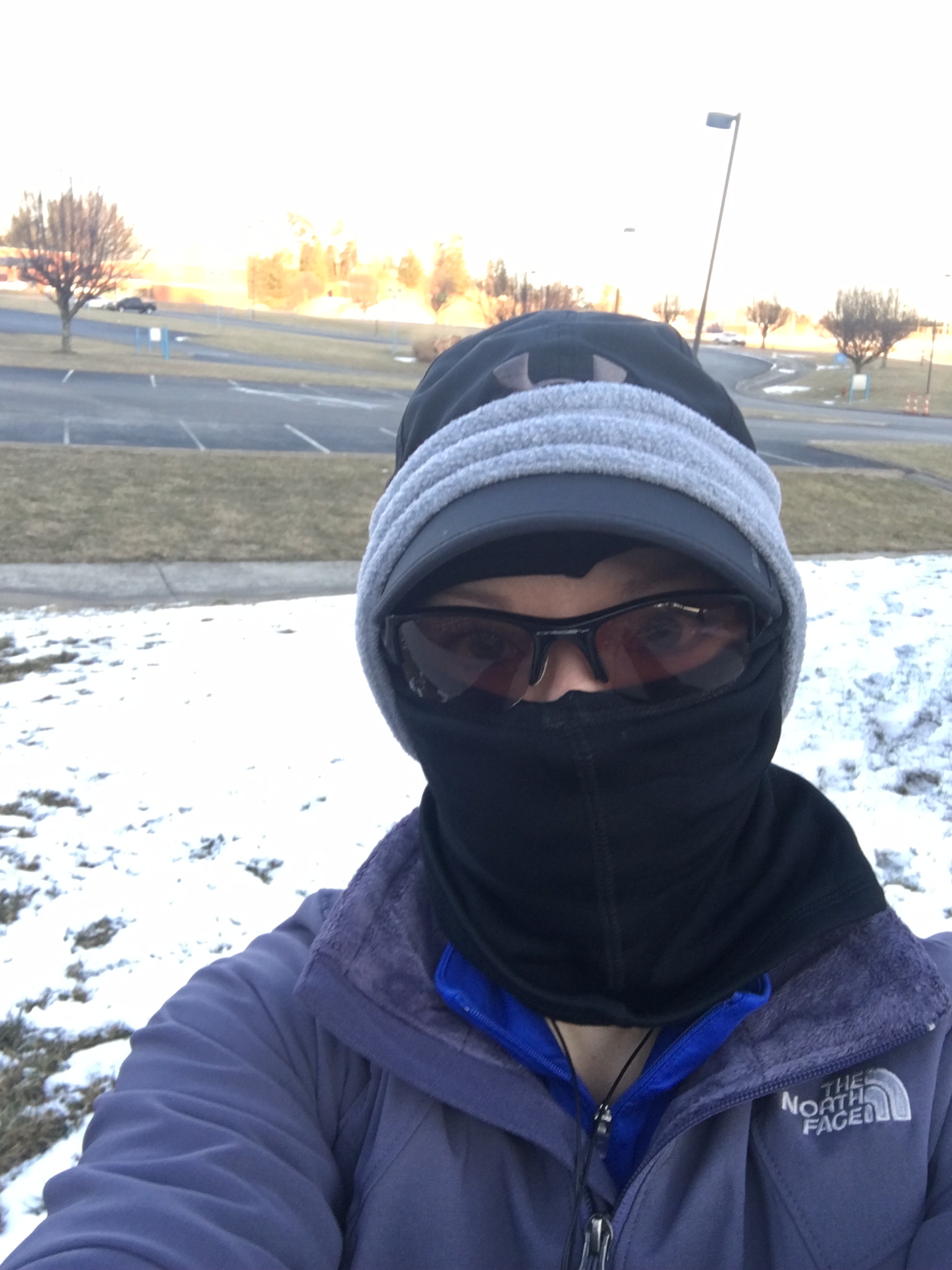The Differences Between Anorexia and Bulimia
Eating disorders affect about 9% of the population worldwide. No matter your age or your gender, you can still be impacted by an eating disorder. This post is going to focus on two different types of eating disorders, Anorexia and Bulimia. Both of these mental illnesses can have extreme effects on the body and mind. This article will hopefully help you to see the risks of Anorexia/ Bulimia and how to get help if you are struggling with disordered eating.
Eating disorders affect about 9% of the population worldwide. No matter your age or your gender, you can still be impacted by an eating disorder. This post is going to focus on two different types of eating disorders, Anorexia and Bulimia. Both of these mental illnesses can have extreme effects on the body and mind. This article will hopefully help you to see the risks of Anorexia/ Bulimia and how to get help if you are struggling with disordered eating.
What is Anorexia/Bulimia?
Anorexia Nervosa is typically described as an eating disorder where someone restricts their food/calorie intake to the point where they become malnourished and underweight. Typically, people with Anorexia have a fear of being overweight and distorted body image. In some cases, people struggling with Anorexia may exercise compulsively.
Bulimia Nervosa is an eating disorder where someone binge-eats and then induces vomit, abuses laxatives, or does anything that can undo the effects of their binge-eating. These are called “compensatory behaviors''. Much like Anorexia, people who wrestle with Bulimia have a fear of being overweight while having a problem with binge-eating. Because of this fear, people with Bulimia “purge” after a binge to stop weight gain.
What are the symptoms/signs of these disorders?
Some symptoms/signs of Anorexia include :
Noticeable Weight Loss
Has concern about eating in public
Restricts food intake and/or certain food groups
Stomach cramps
Dizziness
Fainting
Some symptoms/signs of Bulimia include :
Signs of binge eating
Evidence of purging
Goes to the bathroom immediately after every meal
Bloating
Discolored / stained teeth
Swelling around the jaw and/or cheeks
How are these disorders diagnosed?
To be diagnosed with Anorexia according to the DSM-5 , the following symptoms must be present :
Restriction of food intake leading to low weight
Fear of gaining weight or becoming fat , even while being extremely underweight
Denial of the seriousness of their low weight
To be diagnosed with Bulimia , the following criteria must be met :
Recurrent episodes of binge-eating
Uses compensatory behaviors to prevent weight gain
These behaviors occur at least once a week for at least 3 months
These behaviors do not occur only during episodes of Anorexia
It is also important to note that if you do not show all of these symptoms, but you are still struggling with some characteristics of an eating disorder, it is imperative that you seek help.
What are the consequences of these disorders?
About 10% of people struggling with Anorexia die because of it. They tend to die due to starvation, suicide, or health-related problems. Also , long-term Anorexia can result in infertility, seizures, and osteoporosis. Anorexia can also result in electrolyte imbalance, which can result in death.
Bulimia can prevent proper digestion, which can cause extreme bloating, constipation, and bacterial infections. Binge - eating can cause the stomach to rupture, and vomiting can create permanent damage to the esophagus. Heart failure can also happen due to the body breaking down its own tissue because of low calorie intake.
What are some treatment options for Anorexia/Bulimia?
Treatment all depends on the severity of the Anorexia. If it is very severe, the person struggling would need to be hospitalized and tube-fed until the needed amount of nutrients is obtained. Other treatment options include residential/ outpatient treatment and eating disorder therapy.
Extreme cases of Bulimia can call for hospitalization. However, different types of therapy and treatments are available to help if your case does not call for a hospital stay. You could start by seeing a mental health professional and starting a treatment plan to help with your struggles.
If you are struggling with Anorexia or Bulimia, it is important to get help as soon as possible. Even if you cannot see the harm these disorders are causing you right now, in the future some of the consequences mentioned above may begin to show in your life. Recovering from an eating disorder is not an easy thing to do, but there is hope in recovery!
Amber Madden, LPCC-S is a certified in treating eating disorders, including anorexia and bulimia. She has availability for virtual sessions if you think you may need to schedule an appointment or consultation. Click here.
Resources
“Anorexia Nervosa.” National Eating Disorders Association, 28 Feb. 2018, https://www.nationaleatingdisorders.org/learn/by-eating-disorder/anorexia
Bothwell, Samantha, et al. “What Is the Most Serious Health Risk from Anorexia Nervosa?” Eating Disorder Hope, 9 June 2022, https://www.eatingdisorderhope.com/blog/what-is-the-most-serious-health-risk-from-anorexia-nervosa
Chandler, and Chandler. “What Are the Primary Characteristics of Bulimia Nervosa?” Eating Disorder Hope, 9 June 2022, https://www.eatingdisorderhope.com/blog/what-are-the-primary-characteristics-of-bulimia-nervosa
“Bulimia Nervosa.” National Eating Disorders Association, 22 Feb. 2018, https://www.nationaleatingdisorders.org/learn/by-eating-disorder/bulimia
“Health Consequences.” National Eating Disorders Association, 22 Feb. 2018, https://www.nationaleatingdisorders.org/health-consequences
“Eating Disorder Treatment: Know Your Options.” Mayo Clinic, Mayo Foundation for Medical Education and Research, 14 July 2017, https://www.mayoclinic.org/diseases-conditions/eating-disorders/in-depth/eating-disorder-treatment/art-20046234
By Kylee Roberts, MH Virtual Assistant
Co-written by Amber Madden, NCC, LPCC-S
Why I Quit Running (My Exercise Bulimia Story)
Something that once brought such joy and strength in my life was slowly tearing me apart, crushing my spirit and taking away everything I loved about running in the first place. I felt weak. I was weak.
This is a long one....so get settled in!
I have been running since I was 16 years old, nearly 2 decades. It's an amazing amount of time. There have been breaks here and there, but for the most part, I have been a consistent runner.
I have written about running MANY times on this blog and I absolutely love running. I love the rhythm of my foot strikes on the pavement, crisp white mornings covered in frost and the sense of accomplishment and strength I feel after each run.
When I was 16 years old, I began running for a boy. It sounds weird when I type the sentence, but I know that's the real reason. I began running for a boy because a boy I was interested in was a runner.We never actually ran together, and I'm not even sure he knew I was running, too. I would run around the pasture at home on our farm. It began very slow, running one stretch of path and walking the next, but I'll never forget the day I ran an entire lap around the field -- and then when I ran 4 laps. It was in those square paths around barbed wire fencing and Cat Tails that I found myself. I began running for a boy, but I continued to run for me.
Over the years running would turn into a passion, each day ending with a run and feeling a sense of power build within myself. Knowing that I was able to tackle mile after mile and do something many could never even think of gave me confidence, peace of mind, stress relief and grounding.
You may remember in 2015 I ran a half marathon, and I made several posts about training for the half marathon. It was an amazing feat, one that I definitely do not regret. However, it was during this time, I think I began to lose myself in running. Running further than I ever had before was a great accomplishment. I'll never forget the day I ran 10 miles, it was truly like running that first grassy lap all over again. But during this time, an obsession began to take hold.
I wanted to run more miles, more training, be better, do better and run ALL THE RACES. So, despite having a full time job, working a part-time business, spending time with friends and family, I began to prioritize running above all else. Running slowly became a chore. And because of my training schedule, it felt like something I was tied to. So I began to ask myself -- WHY?
WHY am I training for a race I no longer wanted to do?
WHY do I feel disappointed in myself?
WHY do I feel like I'm failing?
WHY am I doing this?
WHY am I scared to quit?
In all of these questions, I realized I had lost myself. Something that once brought such joy and strength in my life was slowly tearing me apart, crushing my spirit and taking away everything I loved about running in the first place. I felt weak. I was weak.
Along with all of this, another problem was emerging. Bulimia was taking hold, more specifically, Exercise Bulimia. Behind every race, every training day and every mile logged was also a precise count of every calorie burned. Deep down, my one thought behind all of the training -- Maybe I'll lose some weight, too.
So I logged more and more miles without properly fueling myself. I logged more and more miles, putting stress on my body and causing more stress on my emotional state. I logged more and more miles even though I was both mentally and physically exhausted. I thought I needed to push through the anguish because that is what is expected and the only way for reassurance and strength. After all, everyone feels like giving up, but only the true fighters push through.
In April of last year (2016), I began experiencing irregular cycles (known as amenorrehea), a problem I hadn't had since my starvation days of high school. At first, I didn't tie it to overexercising. I actually was very concerned. As a female in my early 30's, I worried it was pre-menopause. My doctor confirmed that I had depleted my estrogen levels, a symptom common in those with bulimia or anorexia. I knew in that moment that I had relapsed.
So I stopped. I stopped racing. I stopped obsessing. I stopped counting. I stopped hating and chose to love myself more. So, I stopped running.
And you know what? I am happier.
I FEEL healthier. I feel like I got my life back. When I stopped training for races, running 5 miles after a long day's work and stopped dreading having to spend an entire Saturday doing the mandatory "long run," I actually realized all the things I had been missing out on in my life.
Like late nights enjoying a glass of wine...
Enjoying more time with family....
More couch time with these two...
More Redbox date nights with the hubby...
More time moving my body in ways that I want to, like taking walks...
Investing more time in my passion...
Time to be more creative in the kitchen...
And enjoy donuts without feeling one bit guilty...
I have not completely stopped running, but I'm definitely only running to the point that I WANT to be running. I have brought back the enjoyment of running, usually running no more than a couple of miles at a time. My cycle has returned to normal AND I FEEL much more saner. I think most of all I have REALLY enjoyed just getting to come home every evening and enjoy some relaxation time, family time and treat myself to some personal freedom from having to be tethered to a training plan.
`````````````````````````````
If you believe you have become OBSESSED with your training plan, with exercise, then I highly recommend you just STOP. Life is too short and the people in your life are too important. There are more parts of your life that make up YOU besides just your training plan. It is amazing to exercise to the extent that you feel happy with what you're doing - that you ENJOY doing it. But if you start to feel yourself slipping away, then reassess why you're doing it!
If you would like to learn more about your own behavior, there is a Compulsive Exercising Questionnaire available for you to take here.
Similar Stories
For more recommended reading on this topic, a few other great female bloggers have also written on the topic. Their posts inspired me to share my own story and I would love for you to read theirs!
Not Having Your Period is Not Normal - Robyn Coale, RD, NP
Exercise and Me (AKA My Story + Some Thoughts Helping You Get Out of an Exercise Compulsion - Kylie Mitchell, RD
Recommended Reading
Exercise Bulimia and Drunkorexia: The Lesser Known Disorders - Eating Disorder Hope
Exercise Bulimia: Symptoms, Treatments and More - Healthline
(Edited to add the below articles.)
What it Feels Like to Have Exercise Bulimia - Shape
The Reality of Exercise After an Eating Disorder - Shape
Originally posted on my other blog on February 13, 2017. Moved to this blog on October 13, 2017.



























